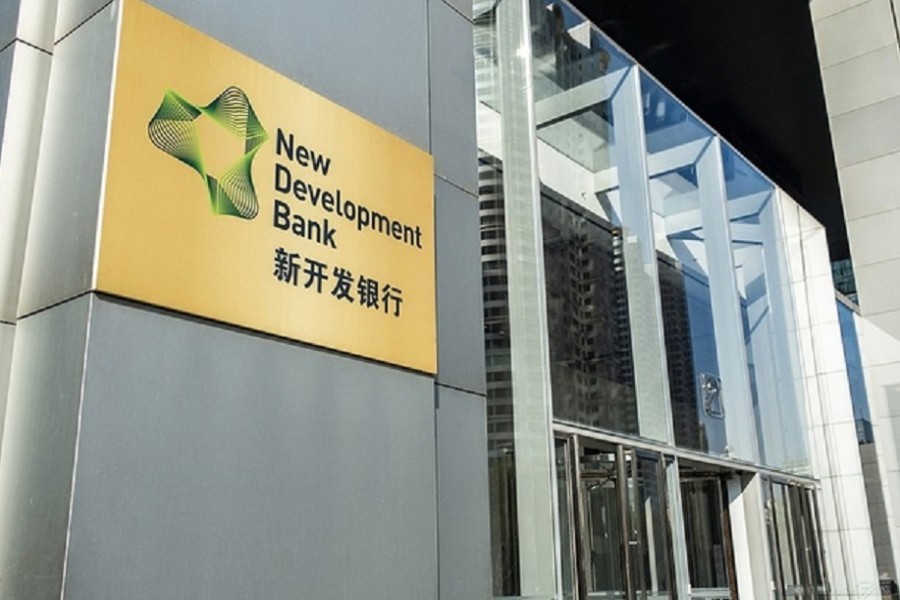
Published :
Updated :

Bangladesh is likely to join the successor of BRICS Bank, as finance minister AHM Mustafa Kamal sits with the bank's president today (Tuesday), officials said on Monday.
They said Mr Kamal would seek at least 1.0 per cent stake in the New Development Bank (NDB), as Dhaka has agreed to be a shareholder of the newly-established multilateral lender based in Shanghai.
A senior ministry of finance official on Monday told the FE that the minister would hold a courtesy meeting with the NDB president Omarcos Troyjo remotely from Dhaka.
The five-member lender has offered shares to the UN member countries, including Bangladesh, to but stake in the bank.
"We've decided to join the bank. It will open up a new window for Bangladesh to get more lending for the country's development work," said the official.
The bank was established in July 2015 with five core members-Brazil, Russia, India, China and South Africa in an agreement reached in Brazil.
The initial authorised capital of the bank is US$100 billion divided into 1.0 million shares having a face value of $100,000 each.
The initial subscribed capital of the NDB is $50 billion divided into paid-in shares ($10 billion) and callable shares ($40 billion).
The initial subscribed capital of the bank was equally distributed among the founding members. The agreement on the NDB specifies that every member will have one vote and no one would have any veto powers.
Another government official told the FE Bangladesh was offered nearly 0.76 per cent share in the NDB initially.
If the UN member countries join the bank, the share of Bangladesh would ultimately reach 0.42 per cent.
Dhaka will have to pay $382 million in the next seven years for becoming a shareholder of the bank, he added.
According to the NDB's plan, the BRICS countries would offload 49 per cent share among the aspirant countries.
Another finance ministry official said Bangladesh's effort to strengthen the South-South cooperation would also get a boost by joining the Shanghai-based lending agency.
In 2016, Bangladesh joined the China-led Asia Infrastructure Investment Bank (AIIB).
The Beijing-based lender has been financing many projects in Bangladesh in several sectors such as power, transportation, water supply and sanitation.
After the independence in 1971, many multilateral and bilateral donors, including the World Bank, the Asian Development Bank, Japan, Islamic Development Bank, UKAID, and USAID have been providing loans and grants for developing the country's infrastructure and reducing hunger.
In December last, India's Prime Minister Narendra Modi invited his Bangladeshi counterpart Sheikh Hasina to join the bank.
As part of its expansion effort, the NDB has finalised its membership policy and begun the process of drafting the new membership rule.
After adopting a policy where any members of the United Nations can apply for the NDB membership, each member state would be required to nominate two countries in the bank.
The expansion of membership was also raised in the virtual BRICS Summit held on Nov 17.


 For all latest news, follow The Financial Express Google News channel.
For all latest news, follow The Financial Express Google News channel.